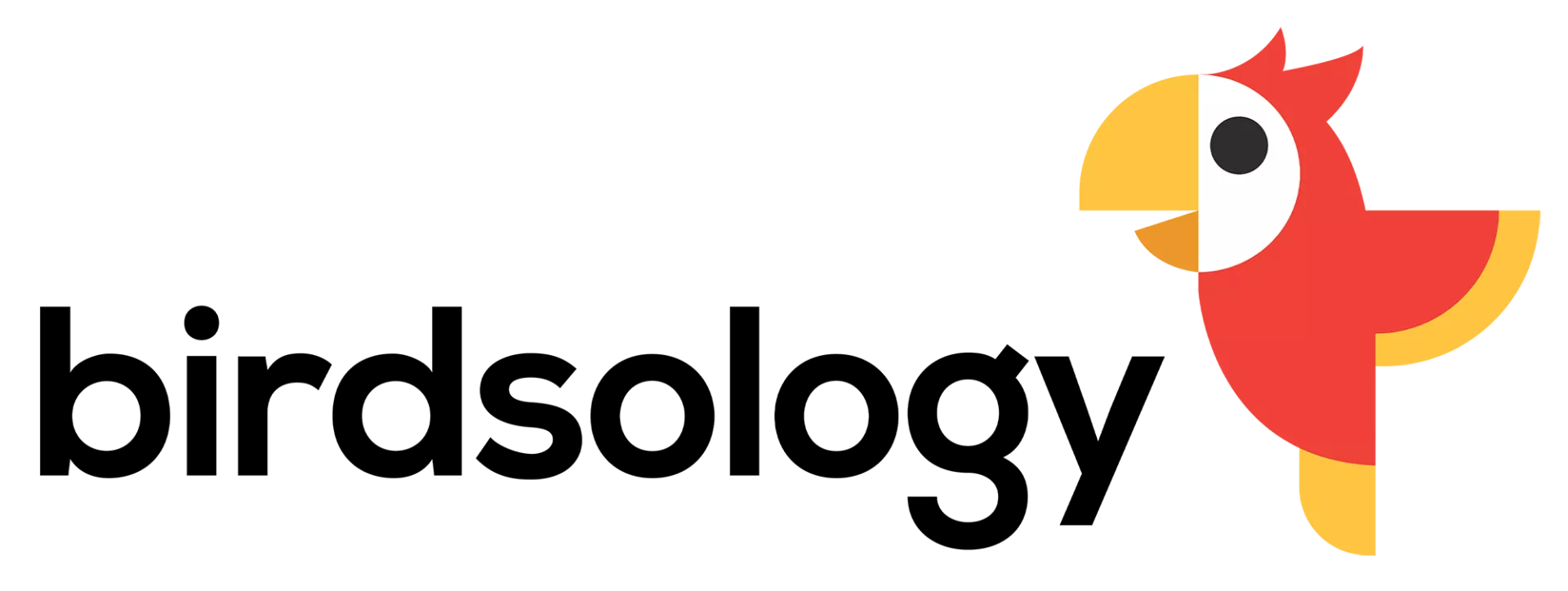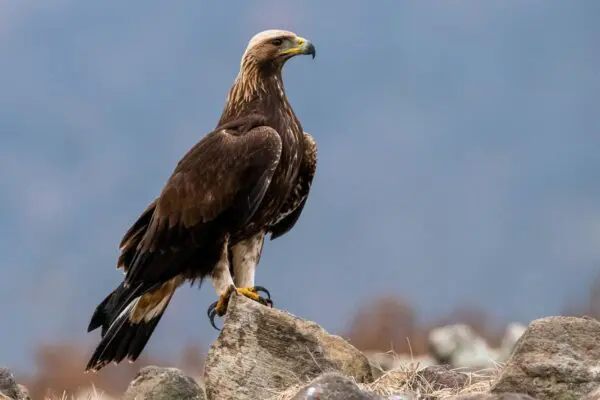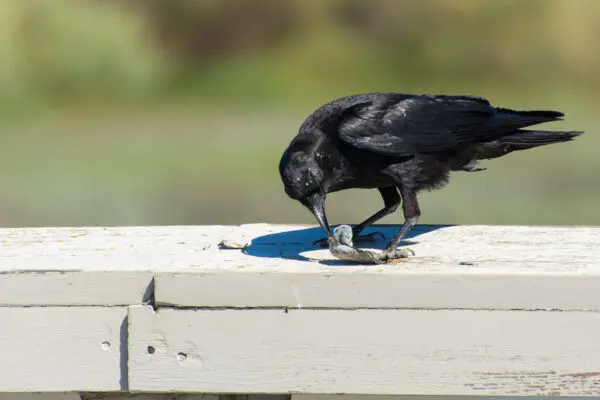Have you ever pondered the origins of the phrase “for the birds”? No, it’s not about providing nourishment to our avian companions!
This peculiar expression carries an intriguing history and a variety of metaphorical meanings.
From its enigmatic beginnings to its comical use in contemporary language, we’ll unveil the mysteries hidden within this deceptively straightforward phrase.
So, if you’re curious about why “for the birds” goes beyond the realm of chirps and tweets, join us for an enjoyable journey through the realms of language and culture!
Decoding the Idiomatic Puzzle
The idiom “For the birds” holds a figurative meaning, conveying the idea of triviality, worthlessness, or insignificance. When someone declares, “It’s for the birds,” they are expressing their lack of interest or disdain towards a specific matter or situation. Essentially, the phrase is a dismissive way of labeling something as unimportant or not deserving of consideration.
Tracing the Path Back in Time
The exact origins of “for the birds” remain veiled in mystery, emerging within American English during the early 20th century. One intriguing theory links it to horse racing, where grain scattered on the ground attracted birds to peck and eat it. This grain, having little value to humans, became associated with the phrase’s negative undertones.
While the phrase appeared in print as early as the 1930s, it likely existed in spoken language even earlier. By the 1940s, it gained popularity, permeating colloquial speech and finding a place in various entertainment forms.
Where Birdwatching Meets the Idiom
The connection between the idiom and birds seems intertwined with the world of birdwatching. Bird enthusiasts scatter seeds to attract birds for observation, and in this context, something “for the birds” implies an offering meant for avian enjoyment but of little significance to humans. Gradually, this link between the phrase and birdwatching solidified its metaphorical meaning.
Metaphorical Meanings
The metaphorical interpretations of “for the birds” manifest in diverse contexts. Sometimes, it symbolizes triviality and insignificance, serving as a tool to brush off an unimportant conversation or an irrelevant topic. Other times, it reflects dissatisfaction or frustration with perceived time or effort wastage. For instance, if faced with a seemingly pointless task, one might retort, “This assignment is for the birds.”
Phrase’s Usage
In everyday conversations, the phrase often finds its way humorously to describe mundane or trivial matters. For instance, when someone regales an unending, uninteresting story, a listener might interject, “Alright, alright, that’s enough about your neighbor’s cat. It’s for the birds.”
The Evolution of Usage
The idiom “for the birds” remains pertinent in modern language, making appearances across media platforms. Characters in movies, TV shows, and books use it to express disinterest or contempt towards situations or individuals. In the realm of social media and the internet, idioms like this one take on new life. Online discussions and memes often incorporate “for the birds” to mock or dismiss irrelevant content. For instance, faced with a lengthy and convoluted online debate, someone might post a succinct “This entire thread is for the birds.”
Cultural Expressions and Translations
While predominantly used in American English, variations of the idiom exist in other languages. In Spanish, for example, there’s a similar expression, “para los pájaros,” carrying the same essence of insignificance or triviality.
As language and communication continue to evolve, idiomatic phrases like “for the birds” illuminate the richness and versatility of human expression, reflecting the myriad ways we encapsulate our thoughts, feelings, and perspectives.
Birds have woven their essence into the tapestry of human language, gifting us an array of bird-related expressions that traverse the realms of communication. One such gem is the phrase “For the birds,” merely a fragment of the diverse idiomatic realm painted by these fascinating beings.
Other Idioms related to birds
“For the birds” stands as a solitary star in the constellation of bird-related idioms. This constellation includes illustrious members such as “A Little Bird Told Me,” “Kill Two Birds with One Stone,” and “Night Owl,” each carrying its own unique essence, unveiling new layers of meaning through their avian metaphor.
Usage by Filmmakers and writers
Writers and filmmakers have masterfully intertwined the idiom “for the birds” into their creations, imbuing characters and dialogues with authenticity and depth. The phrase wielded like a brushstroke, paints a vivid picture of the characters’ personalities and outlooks. It can breathe life into tense moments with a dash of humor or foster an atmosphere of casual camaraderie.
The utterance of “for the birds” by a character serves as a window into their very soul, laying bare their attitude, personality, and worldview. A carefree soul might casually toss the phrase around to dismiss grave matters, while a practical individual might opt for other expressions that align more with their demeanor.
Humor pirouettes hand-in-hand with the usage of “for the birds.” This idiomatic expression, with its whimsical and playful undertones, infuses conversations with an unexpected twist of irony. It becomes a tool for self-deprecation, a means to underplay achievements or jest about one’s own limitations.
Language, a river in perpetual flow, carries idioms like “for the birds” as its vessels of transformation. These expressions are a testament to language’s evolving nature, demonstrating how they can metamorphose, taking on new hues of meaning in tandem with the times. As generations breathe life into these idioms anew, their essence remains unscathed, yet their interpretation dances with the rhythm of the present.
Misuse of the Idiom
Yet, the waters of figurative language sometimes harbor concealed reefs. The phrase’s literal simplicity can often lead to misinterpretations. Individuals might grasp onto its literal connotations, overlooking its metaphorical depth. Understanding its contextual embrace is vital to unraveling its intended message accurately.
Frequently Asked Questions Regarding the Idiom
- The origins of “it’s for the birds” trace back to the early 20th century in American English. Its connection to birdwatching, where offerings held little value for humans, is a likely genesis.
- “Bird” finds itself nestled within sentences like, “I was enchanted by a vividly colored bird perched upon the tree branch.”
- The idiom “had a bird” playfully illustrates someone becoming irate or frustrated, as in, “She had a bird when she discovered her misplaced keys.”
- “Winter is for the birds” portrays disapproval or aversion to winter, suggesting it’s suitable for birds but not the speaker.
- In the sentence “Birds flew high above,” “bird” symbolizes the avian creatures soaring aloft.
- “Make” weaves into a sentence as in, “She can make delicious pancakes,” indicating the creation of a delectable treat.
Final Thoughts
In the symphony of language, “For the Birds” stands as an evolving masterpiece. Its rich history, metamorphic interpretations, and relevance in modern discourse substantiate its cultural significance. Each utterance is a nod to the timeless bond between humanity and the avian world, an ode to the intricate evolution of communication.
Delve into the universe of “For the birds,” and you’ll discover more than mere words—a portal into the profound interplay of language, culture, and human connection. This seemingly simple idiom houses a universe of stories waiting to unfold, illustrating that every turn of phrase is a voyage into the human heart, woven with the threads of history, imagination, and shared experiences.




![35 Birds that Start with P [Images + IDs]](https://birdsology.com/wp-content/uploads/2023/05/7652995730_d8dcc9e630_b-600x400.jpg.webp)

One thought on “What Does “For the birds Mean”? [Explained]”